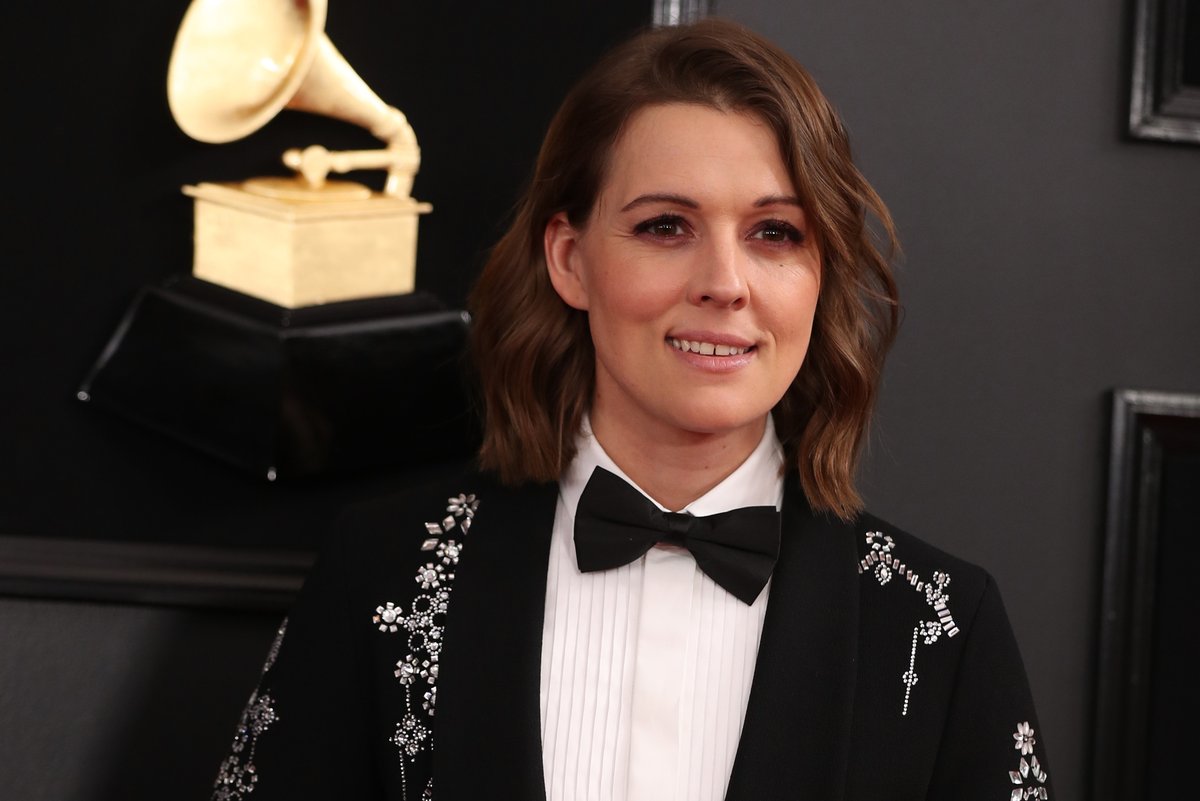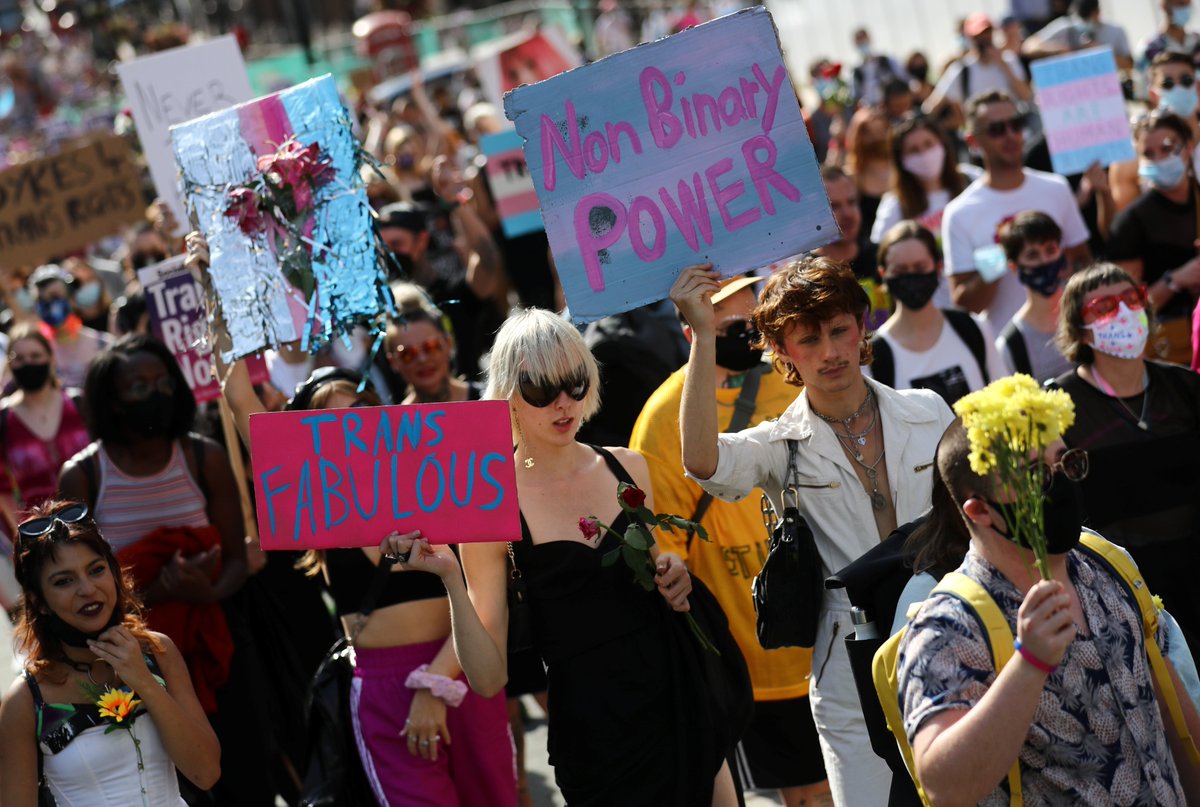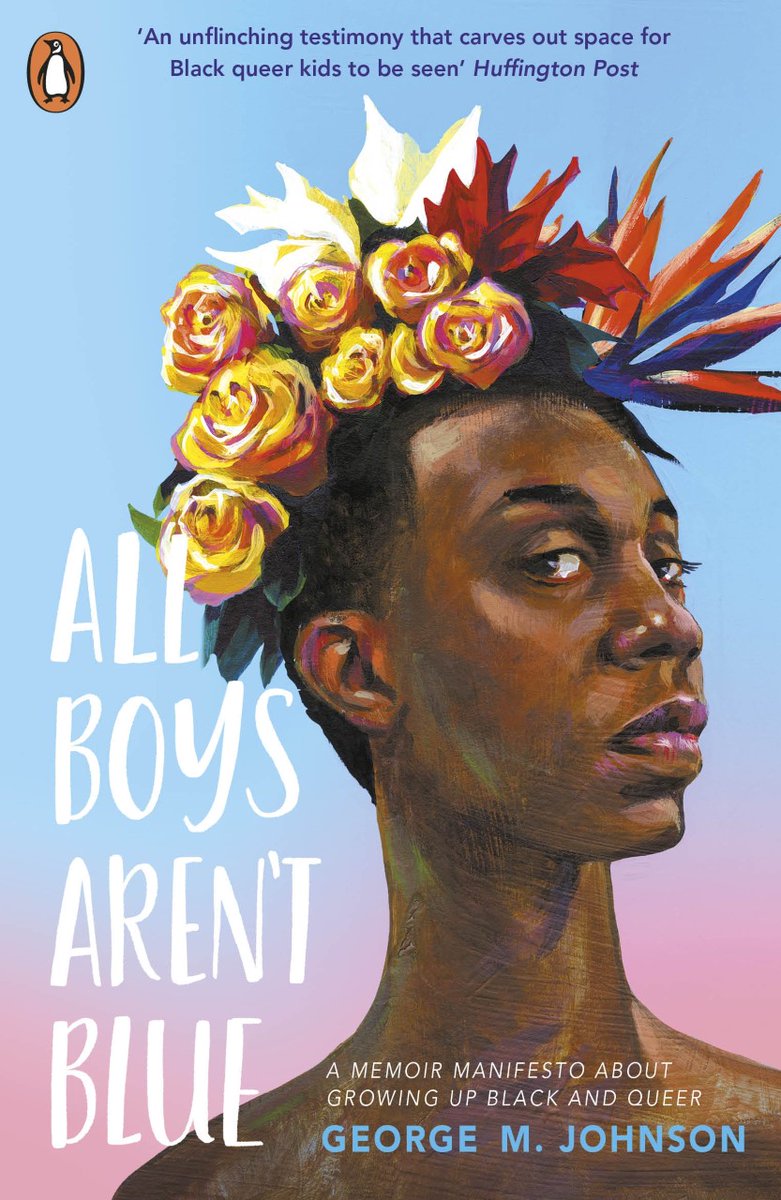🎉 Happy #IntersexAwarenessDay!
🌍 Intersex people have always existed, but today they often face a mixture of ignorance and discrimination.
🧵 Here are eight facts to know 👇
🌍 Intersex people have always existed, but today they often face a mixture of ignorance and discrimination.
🧵 Here are eight facts to know 👇
❓ The definition
☂️ #Intersex is an umbrella term for people with sex characteristics – chromosome patterns, genitals, gonads – outside the binary of male and female bodies.
👶 The traits are sometimes visible at birth, but might not appear until puberty – or not at all.
☂️ #Intersex is an umbrella term for people with sex characteristics – chromosome patterns, genitals, gonads – outside the binary of male and female bodies.
👶 The traits are sometimes visible at birth, but might not appear until puberty – or not at all.
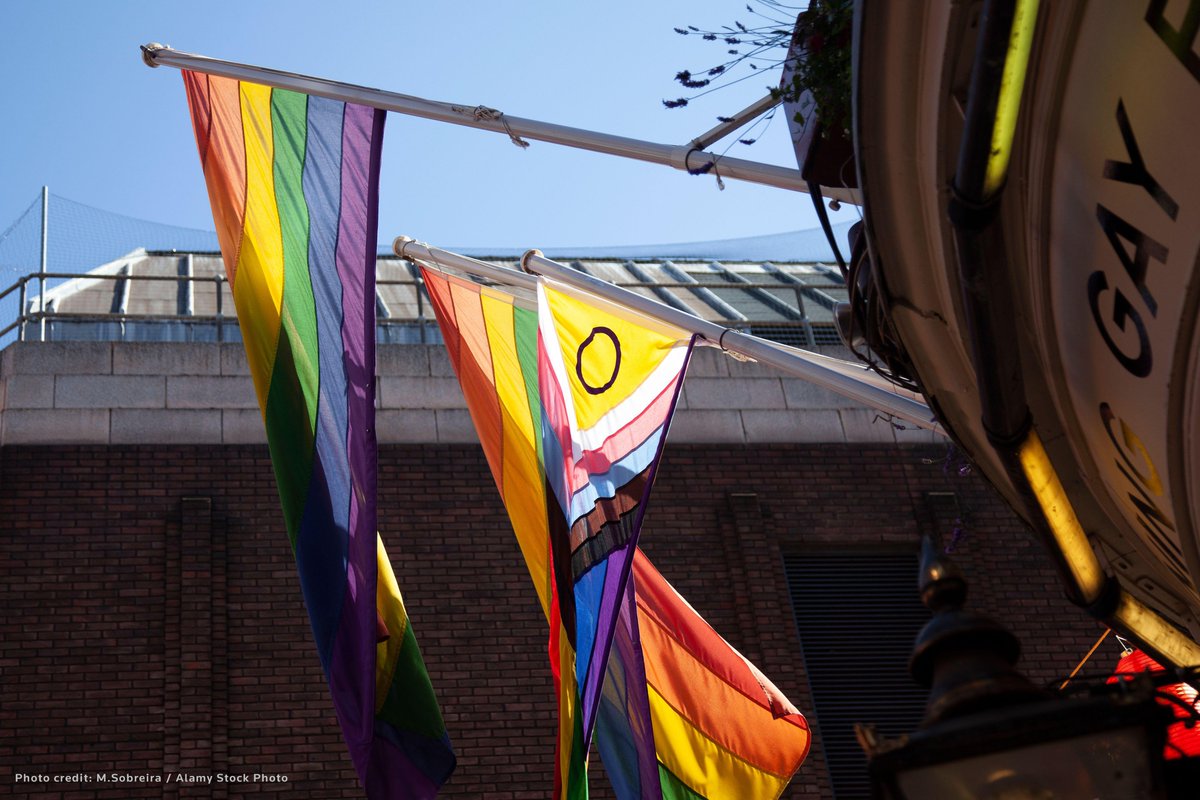
🔢 The numbers
🌎 Around 1.7% of the global population is thought to be born with an intersex condition.
👨🦰 This is almost the same as those who are born with red hair
💡 However, many don't realise they are intersex until later in life.
🌎 Around 1.7% of the global population is thought to be born with an intersex condition.
👨🦰 This is almost the same as those who are born with red hair
💡 However, many don't realise they are intersex until later in life.
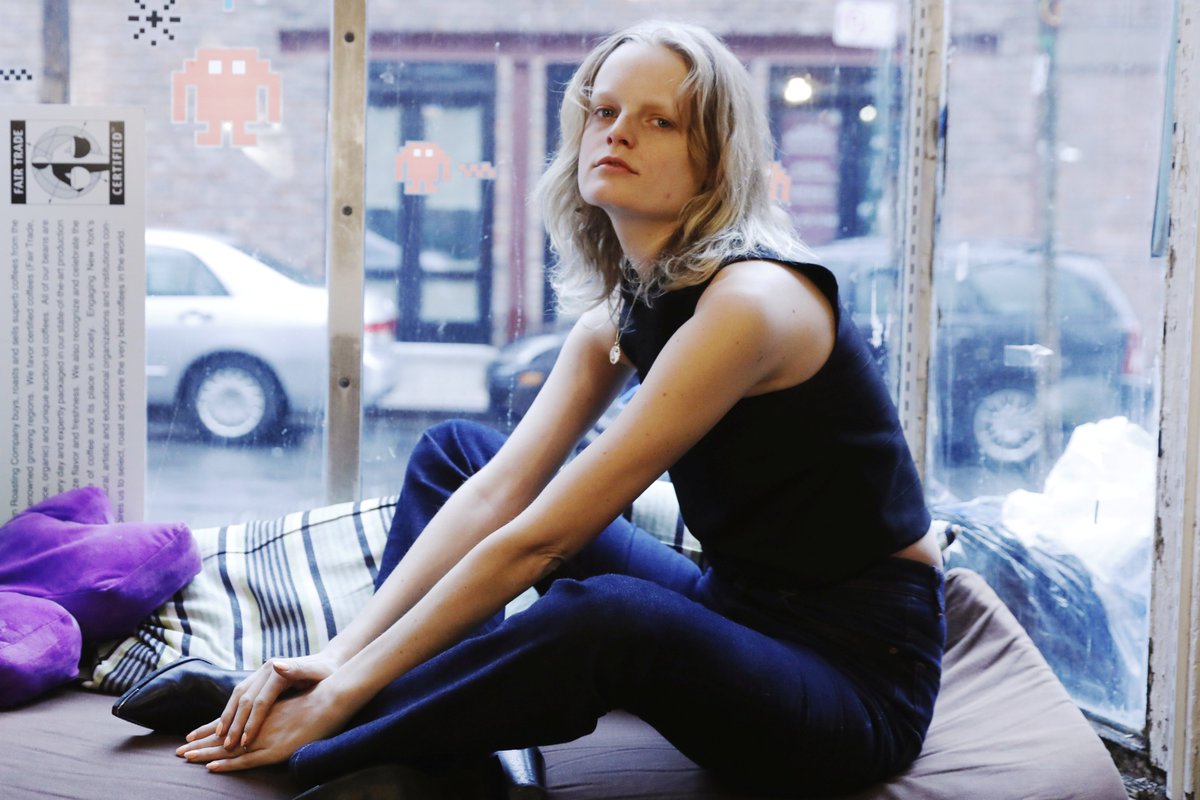
🏥 Surgery
😷 Intersex children who go through unnecessary genital procedures to appear more male or female often deal with physical & mental health consequences.
🇲🇹 Malta was the 1st country to ban the practice in 2015, followed by Portugal & Germany.
😷 Intersex children who go through unnecessary genital procedures to appear more male or female often deal with physical & mental health consequences.
🇲🇹 Malta was the 1st country to ban the practice in 2015, followed by Portugal & Germany.
🚼 Fertility
🤰 Many intersex people have mostly typical reproductive anatomy – but some do not.
🧑🍼 Some parents opt for genital surgery if their child is born intersex.
👶 However, this procedure can sometimes lead to infertility.
🤰 Many intersex people have mostly typical reproductive anatomy – but some do not.
🧑🍼 Some parents opt for genital surgery if their child is born intersex.
👶 However, this procedure can sometimes lead to infertility.
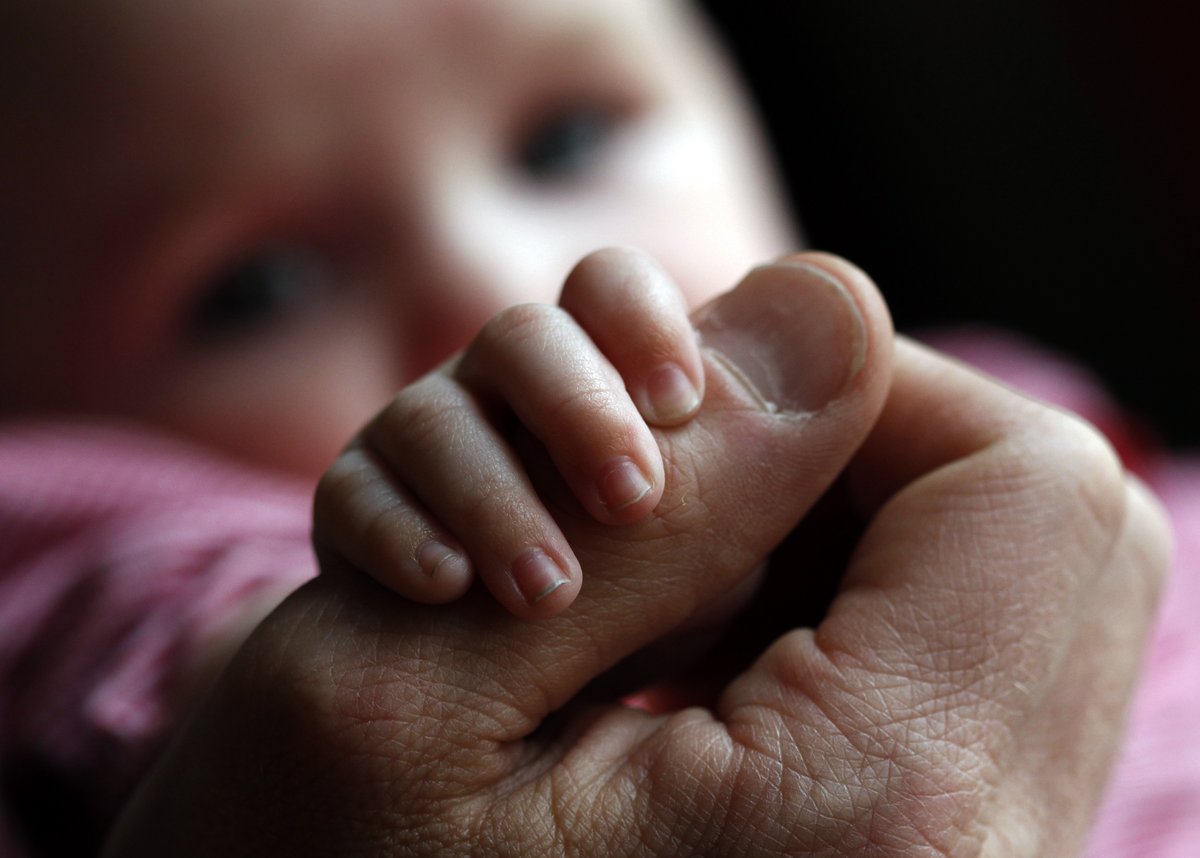
🏳️🌈 #LGBT+ community
🚻 Being intersex relates to biological characteristics, not sexuality or gender identity.
🌈 However, they are often included in the LGBTQI acronym since they can face similar challenges – especially around sex and gender norms.
🚻 Being intersex relates to biological characteristics, not sexuality or gender identity.
🌈 However, they are often included in the LGBTQI acronym since they can face similar challenges – especially around sex and gender norms.

🚹 Gender norms
❌ Many are comfortable with their gender assigned at birth, but some discover it doesn't match who they are.
🧑⚖️ Many countries requires intersex people to go down the same medical route as trans people if they want to legally change their gender.
❌ Many are comfortable with their gender assigned at birth, but some discover it doesn't match who they are.
🧑⚖️ Many countries requires intersex people to go down the same medical route as trans people if they want to legally change their gender.

⛔️ Discrimination
⚖️ Anti-discrimination laws for gender identity and sexuality are becoming more common - but protections based on sex characteristics are often lacking.
💼 This can leave intersex people without protection at work, in healthcare and in sports.
⚖️ Anti-discrimination laws for gender identity and sexuality are becoming more common - but protections based on sex characteristics are often lacking.
💼 This can leave intersex people without protection at work, in healthcare and in sports.

🏅 Sports
🎽 Intersex people often face discrimination due to questions over whether they have unfair advantages.
🇯🇵 During the Tokyo Olympics, we examined how runner Caster Semenya was banned from certain races at #Tokyo2020.
twitter.com/i/events/14225…
🎽 Intersex people often face discrimination due to questions over whether they have unfair advantages.
🇯🇵 During the Tokyo Olympics, we examined how runner Caster Semenya was banned from certain races at #Tokyo2020.
twitter.com/i/events/14225…
• • •
Missing some Tweet in this thread? You can try to
force a refresh



